John P. Bobo is a name etched in the annals of military heroism and American history. A United States Marine Corps second lieutenant, Bobo's unwavering bravery and selflessness during the Vietnam War earned him the highest military honor — the Medal of Honor. His story is not just a tale of valor on the battlefield but also a testament to the enduring spirit of sacrifice for one's country.

Early Life and Struggles: Born on February 14, 1943, in Niagara Falls, New York, John Paul Bobo was a dedicated and ambitious young man from the start. He attended Bishop Duffy High School, where he is remembered as an honored alum, and later graduated from Niagara University in 1965 with a degree in history. Bobo's early life, like many of his generation, was marked by the turbulent 1960s, a time of significant social and political upheaval. It was a period that tested the mettle of young Americans, many of whom were called to serve their country during the Vietnam War. Bobo’s journey into the military was fueled by a sense of duty and a desire to make a difference.
Military Enlistment and Heroics: John P. Bobo enlisted in the U.S. Marine Corps Reserve on May 28, 1965, while still attending Niagara University. His commitment to serve was not just a fleeting decision; it was a deep-seated conviction. After earning his degree in June 1965, he was commissioned as a second lieutenant in the Marine Corps Reserve by December of the same year. Bobo underwent rigorous training at the Officer Candidate Course and The Basic School at Marine Corps Schools in Quantico, Virginia, which prepared him for the challenges he would soon face.
In June 1966, Bobo was deployed to Vietnam, where he took command of the Second Platoon, Company I, 3rd Battalion, 9th Marine Regiment, 3rd Marine Division. The realities of war soon confronted him, and he quickly proved his mettle as a leader. Bobo's courage and leadership skills shone brightly as he led his men through the perils of the Vietnam War.
Defining Moment: March 30, 1967, marked the defining moment in John P. Bobo’s military career and life. During Operation Prairie III, his unit was stationed at a night ambush position on Hill 70, west of Con Thien, in Quang Tri Province near the Demilitarized Zone in South Vietnam. That night, a large number of North Vietnamese Army (NVA) soldiers launched a surprise attack on Bobo’s platoon, catching them off guard and under intense fire.
Amidst the chaos, Bobo's right leg was severed below the knee by an enemy mortar round. Despite his grievous injury, he refused to be evacuated, choosing instead to stay and fight. With remarkable composure, he organized a new defense, recovered a rocket launcher from a fallen comrade, and continued to direct fire against the enemy. Using a web belt as a tourniquet, Bobo jammed his leg into the ground to stop the bleeding and remained in a firing position to cover the retreat of his comrades. His actions were nothing short of heroic, as he single-handedly held back the enemy, allowing his men to reach safety.
Bobo was mortally wounded while bravely holding his ground, but his courageous stand saved the lives of many of his fellow Marines. His selfless actions exemplified the highest ideals of the Marine Corps and left a lasting legacy of heroism.
Military Awards and Decorations: For his extraordinary heroism and gallant actions, John P. Bobo was posthumously awarded the Medal of Honor, the highest military decoration in the United States. His other military awards and decorations include the Bronze Star, the Purple Heart Medal with one gold star, the Combat Action Ribbon, the Presidential Unit Citation with one bronze service star, the National Defense Service Medal, the Vietnam Service Medal with two bronze service stars, the National Order of Vietnam (Knight), the RVN Gallantry Cross Medal with Palm, and the RVN Campaign Medal with a 60-device.
Conclusion: John P. Bobo’s story is a powerful reminder of the courage and sacrifice that define the United States Marine Corps. His legacy is honored in numerous ways, from the naming of the USNS 2nd Lt. John P. Bobo to the Medal of Honor monument at Niagara Falls State Park. His name is also etched on the Vietnam Veterans Memorial, a solemn tribute to his bravery.
Bobo's actions on March 30, 1967, embody the spirit of selflessness and dedication that the Marine Corps holds dear. He made the ultimate sacrifice for his country, and in doing so, left an indelible mark on the hearts and minds of those who know his story. John P. Bobo's life and legacy continue to inspire future generations to uphold the values of honor, courage, and commitment.
